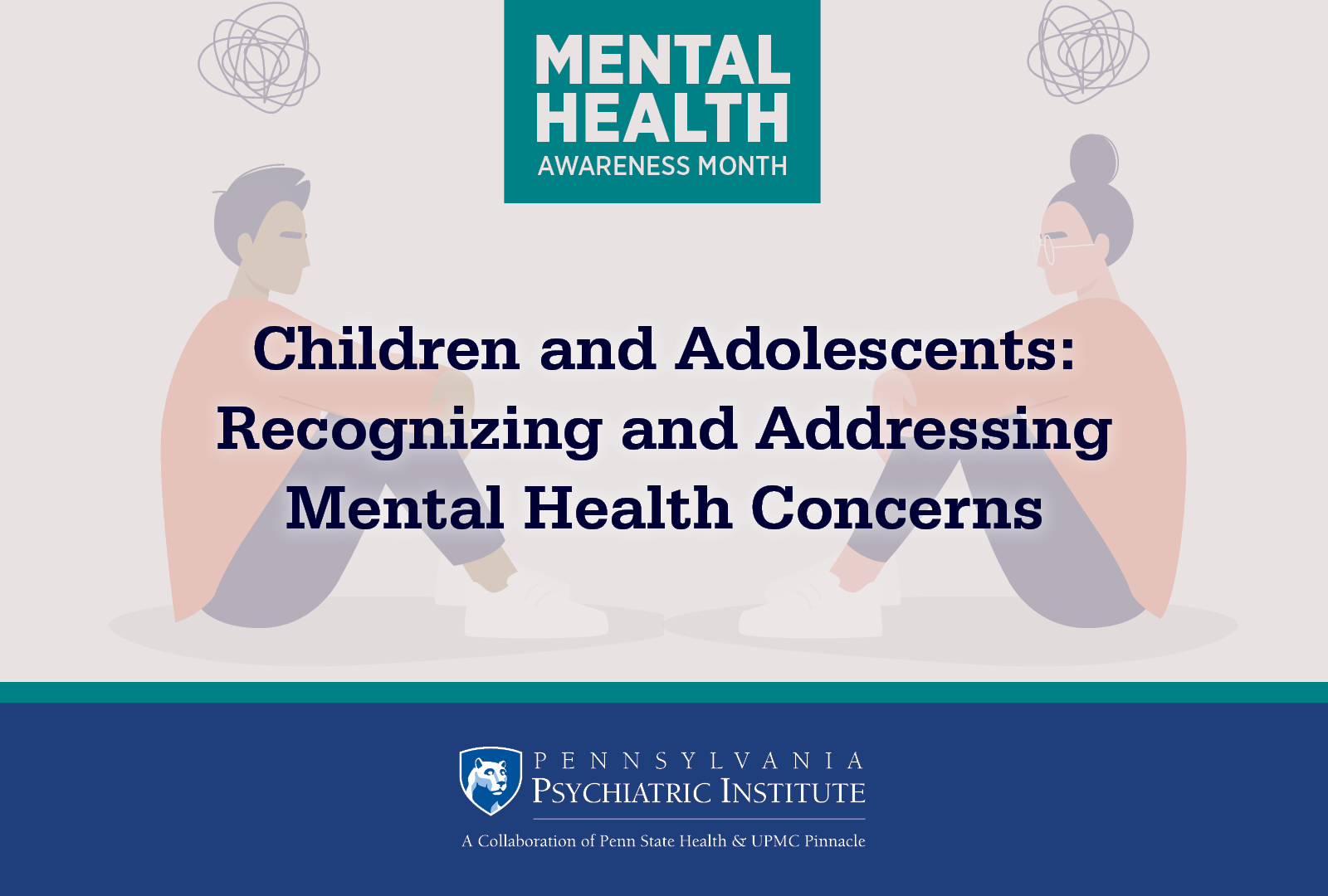The critical nature of recognizing and addressing mental health issues in children and adolescents cannot be overstated. Early intervention is vital for the long-term well-being of young people, as unresolved mental health concerns can lead to severe complications in adulthood.
This article will delve into the importance of understanding the unique challenges children and adolescents face, identifying the signs to watch for and offering strategies to support young people in need. Additionally, we will discuss the essential role that friends and family members play in fostering the mental well-being of their loved ones.
“Early detection and intervention in children and adolescents’ mental health struggles are vital to fostering healthy emotional development. At PPI, we believe empowering young people to face their challenges with support and understanding lays the groundwork for a lifetime of resilience and well-being. Our goal is to help them build the strength and coping skills necessary to thrive in today’s complex world.” – Shannon Rudy, MS, MBA, LPC, Program Manager Child/Adolescent Partial Hospitalization, Pennsylvania Psychiatric Institute
Unique Challenges Faced by Children and Adolescents
Today’s young people face many challenges that can contribute to mental health issues. These challenges may include the following:

Social media pressures
With the prevalence of social media, children and adolescents can feel overwhelmed by the constant need to maintain a perfect online presence and compare themselves to their peers.
Academic stress
High expectations in school can lead to anxiety, depression and other mental health concerns.
Bullying and cyberbullying
Whether in-person or online, bullying can have lasting effects on a young person’s mental health.
Family dynamics
Home life, including parental relationships, can significantly impact a child’s emotional well-being.
Signs to Watch For
Recognizing the signs of mental health issues in children and adolescents is crucial for early intervention. Some common symptoms to look for include the following:
Changes in mood or behavior
Sudden or persistent changes in mood, such as irritability, sadness or withdrawal, can indicate a mental health concern.
Declining academic performance
Struggling in school, losing interest in learning or frequent absences could be signs of an underlying issue.
Difficulty concentrating or making decisions
These can be signs of anxiety, depression or other mental health disorders.
Changes in eating or sleeping patterns
A significant increase or decrease in appetite, or irregular sleep patterns, can signal mental health problems.
Strategies to Support Young People
Friends and family are crucial in supporting young people struggling with mental health challenges. Here are some strategies you can use:
Encourage open communication
Create a safe and supportive environment for the child to express their feelings and concerns.
Be patient and understanding
Show empathy and try to understand what the child is going through without judgment or criticism.
Educate yourself
Learn about mental health disorders and their signs, symptoms and treatments to better understand and support your loved one.
Establish routines
Help young people create and maintain a daily routine that includes regular sleep patterns, healthy eating habits, exercise and time for relaxation and hobbies.
Model healthy coping strategies
Demonstrate positive ways to manage stress and emotions, such as deep breathing, meditation or journaling, and encourage your child to adopt these techniques.
Foster social connections
Encourage your child to engage in activities with peers, such as joining clubs or sports teams, to help them build a supportive social network.
Collaborate with teachers and school counselors
Maintain open communication with school staff to ensure they know your child’s needs and can offer additional support.
Monitor social media and screen time
Help your child set boundaries for social media use and other screen-based activities to minimize potential adverse effects on their mental health.
Praise efforts and accomplishments
Offer positive reinforcement for your child’s achievements and progress, focusing on their effort and perseverance rather than just the outcome.
Encourage self-expression
Provide opportunities for your child to express themselves creatively through art, music, writing or other creative outlets to process emotions and relieve stress.
Offer a safe and stable home environment
Provide a nurturing and secure atmosphere at home where your child feels loved, accepted and supported in their mental health journey.
Seek professional help
If you suspect your child or loved one is struggling with mental health issues, consult a mental health professional for guidance.
Mental health is vital to overall well-being, and recognizing and addressing mental health concerns in children and adolescents is essential. During Mental Health Awareness Month and beyond, PPI encourages friends and family members to be vigilant, supportive and proactive in helping young people navigate their unique challenges. Working together can create a brighter and healthier future for our children and adolescents.
PPI is available to help. Visit PPImhs.org or call 1 (866) 746-2496, available 24 hours a day, seven days a week, to schedule an appointment.

